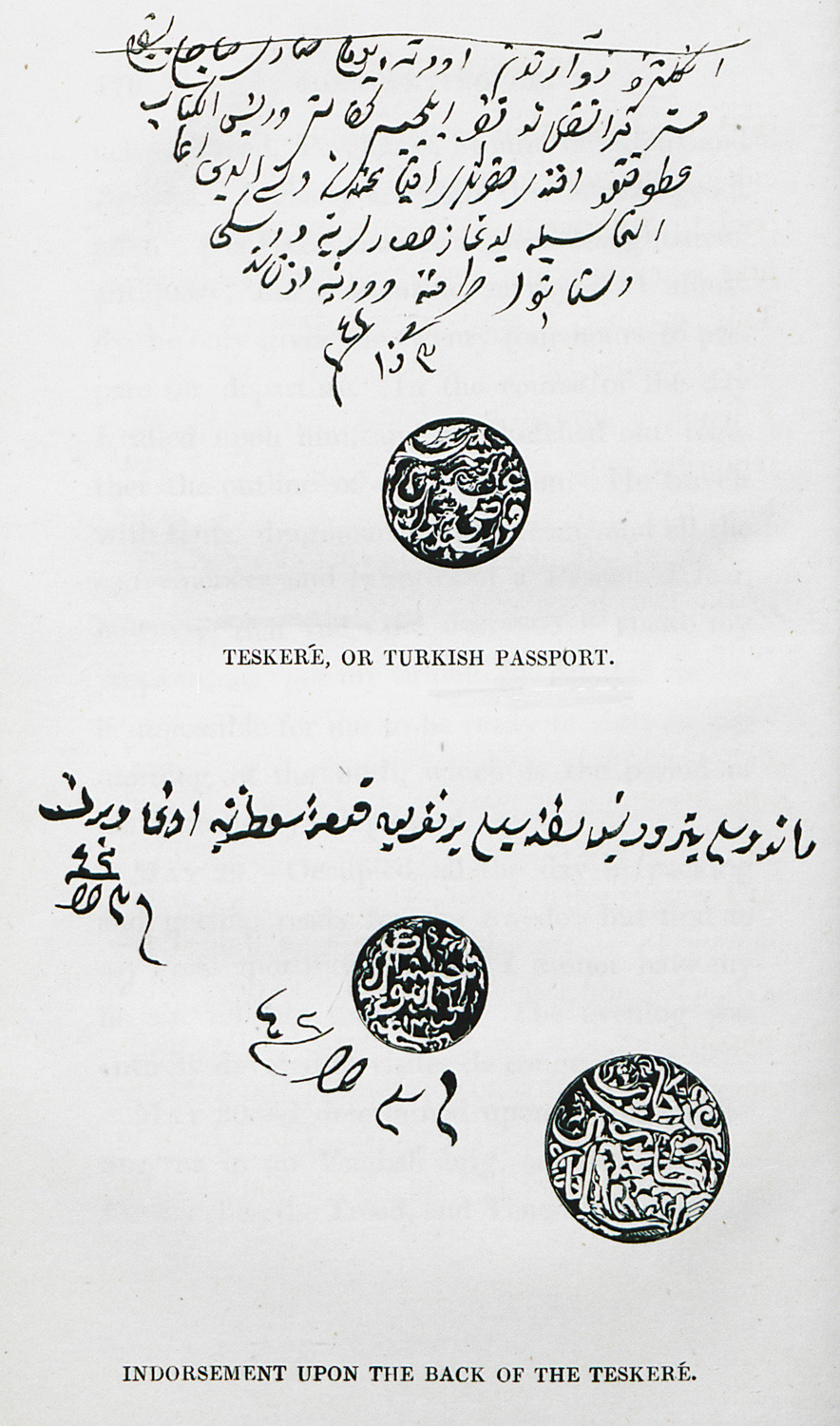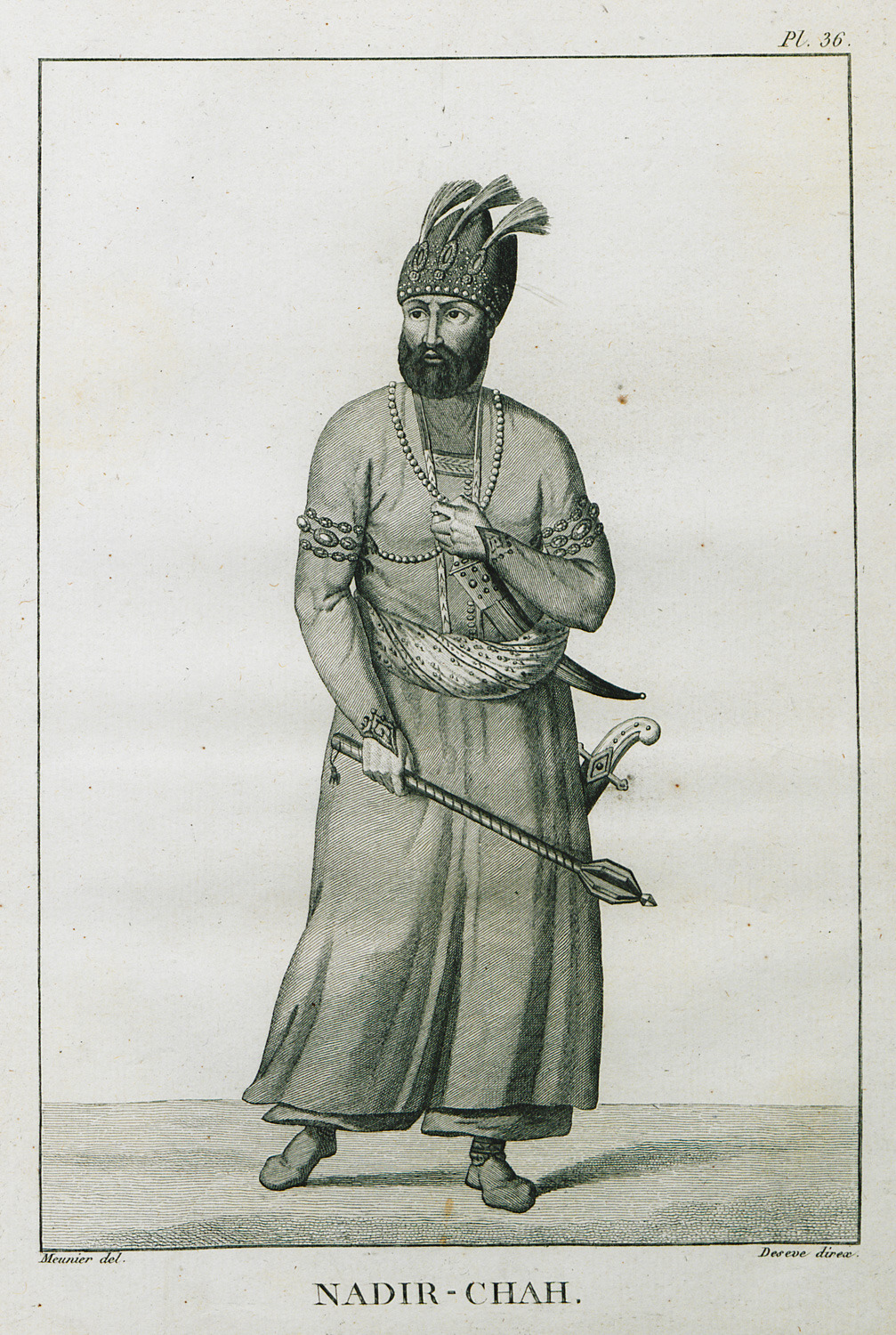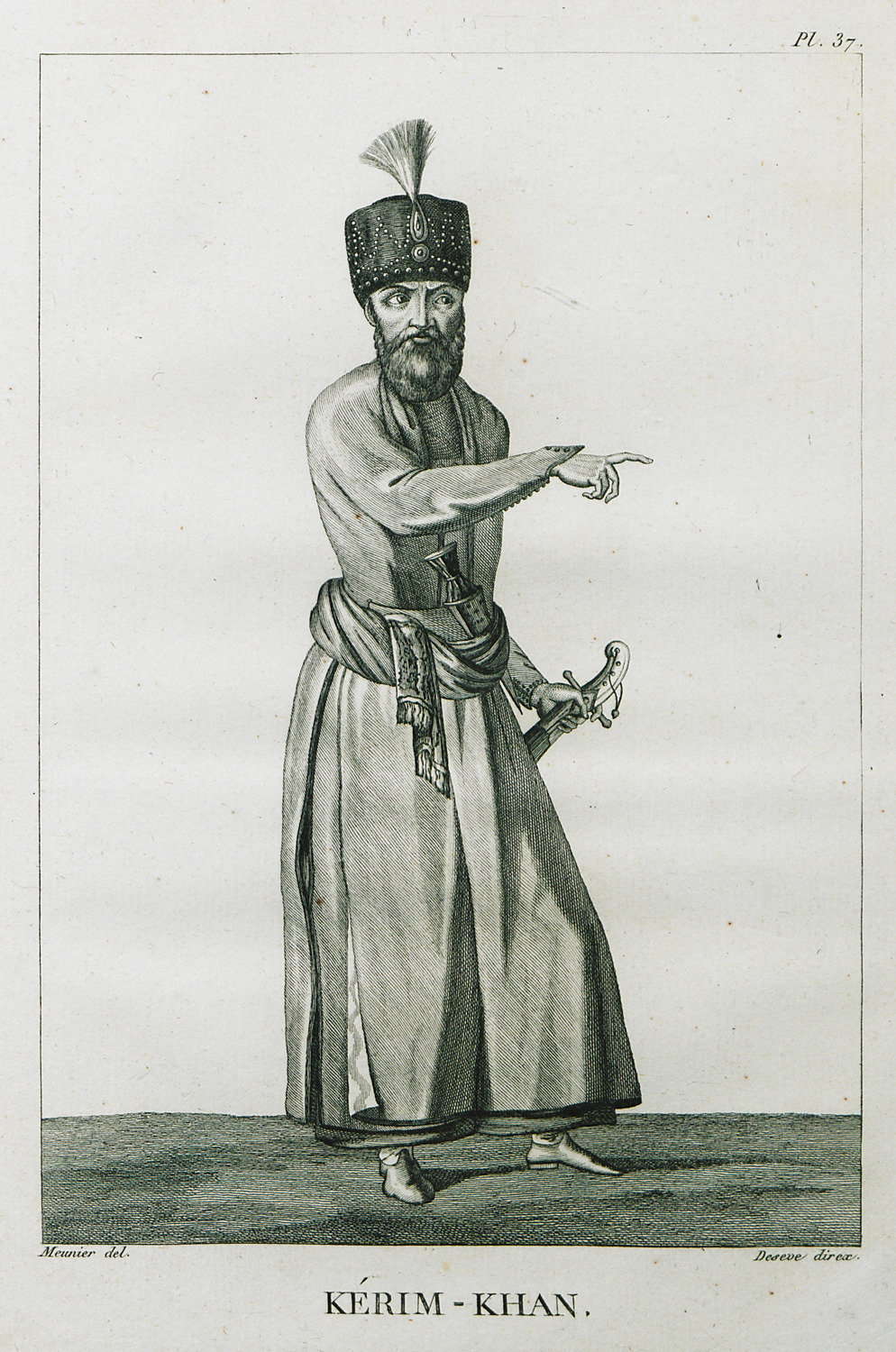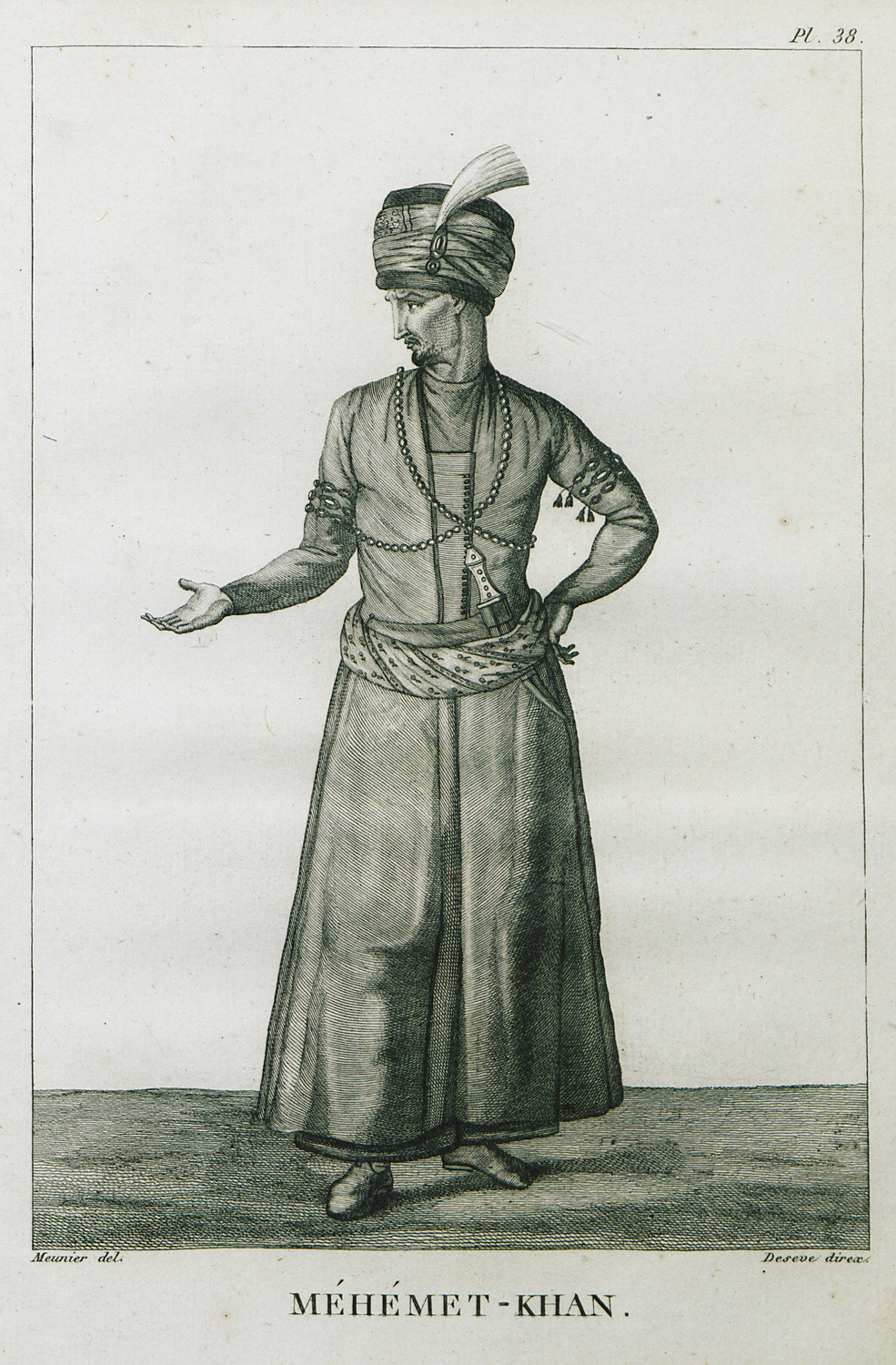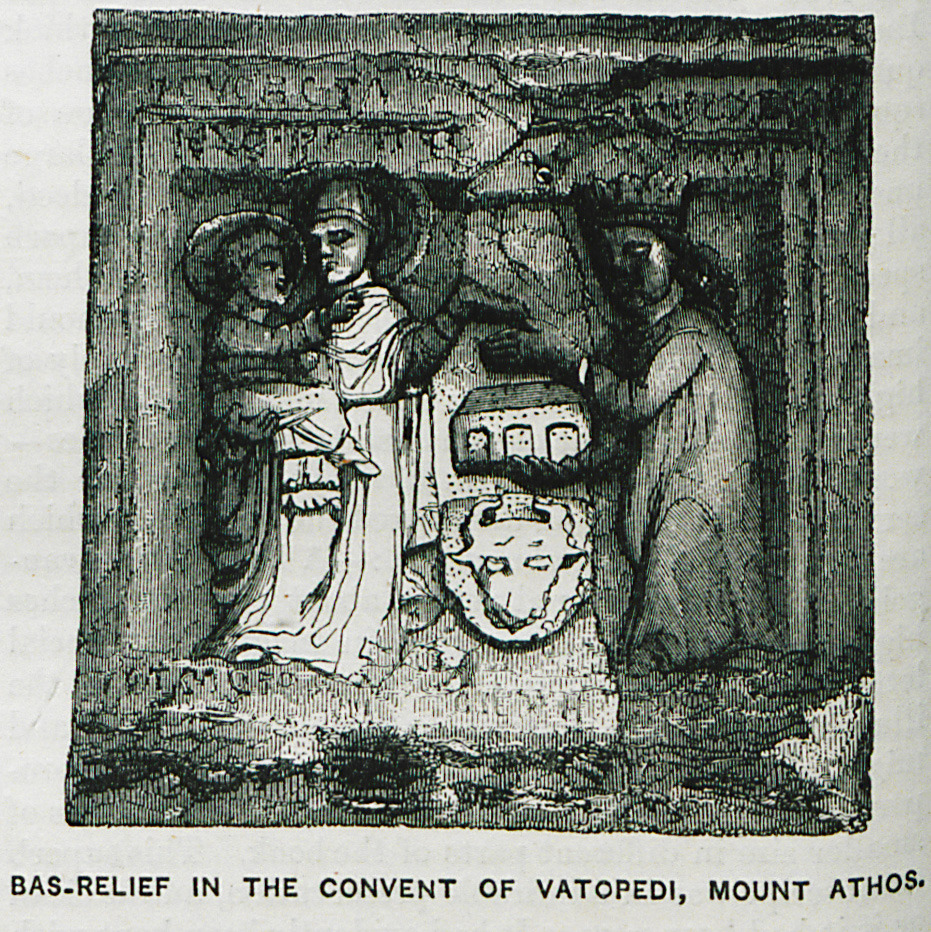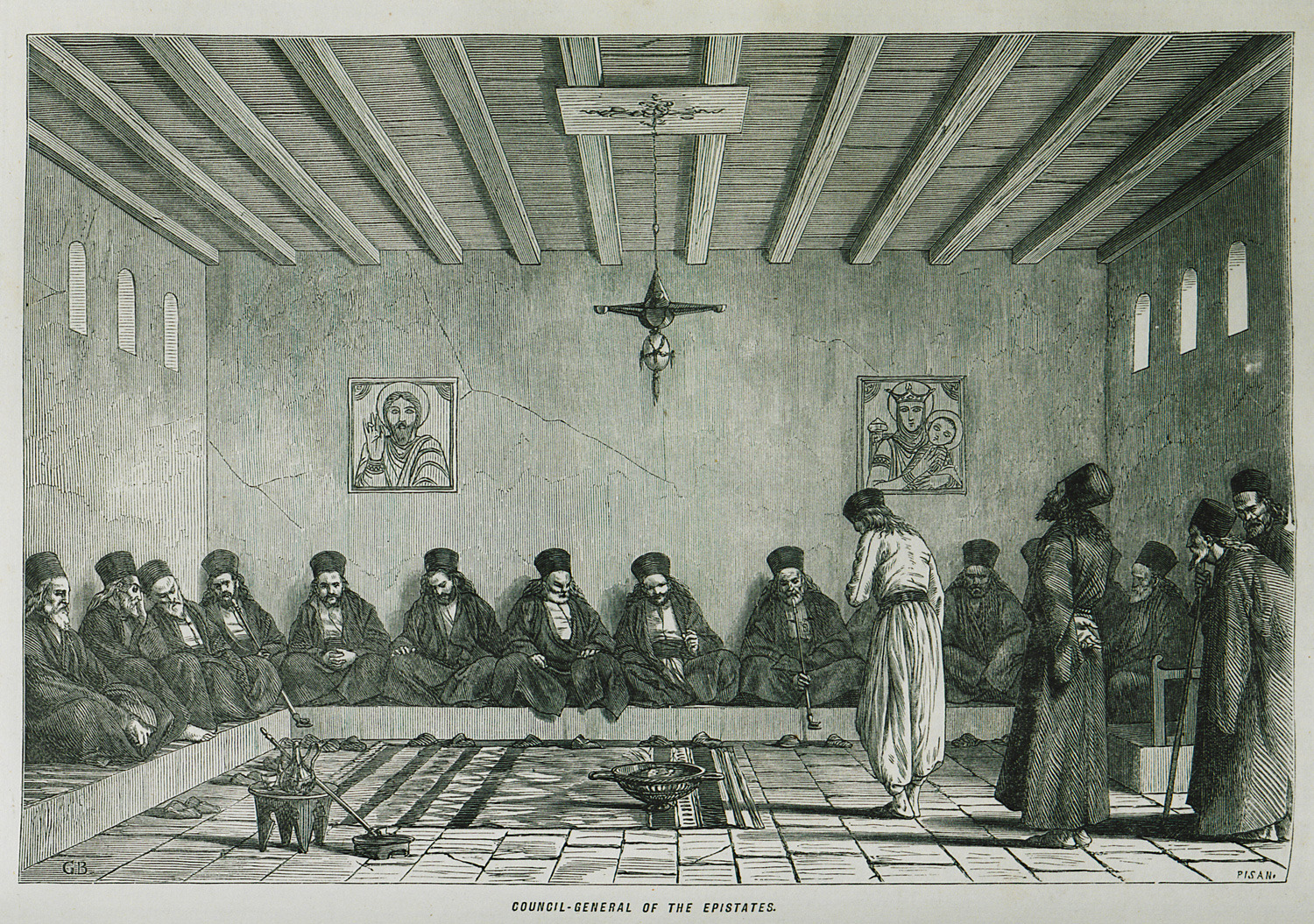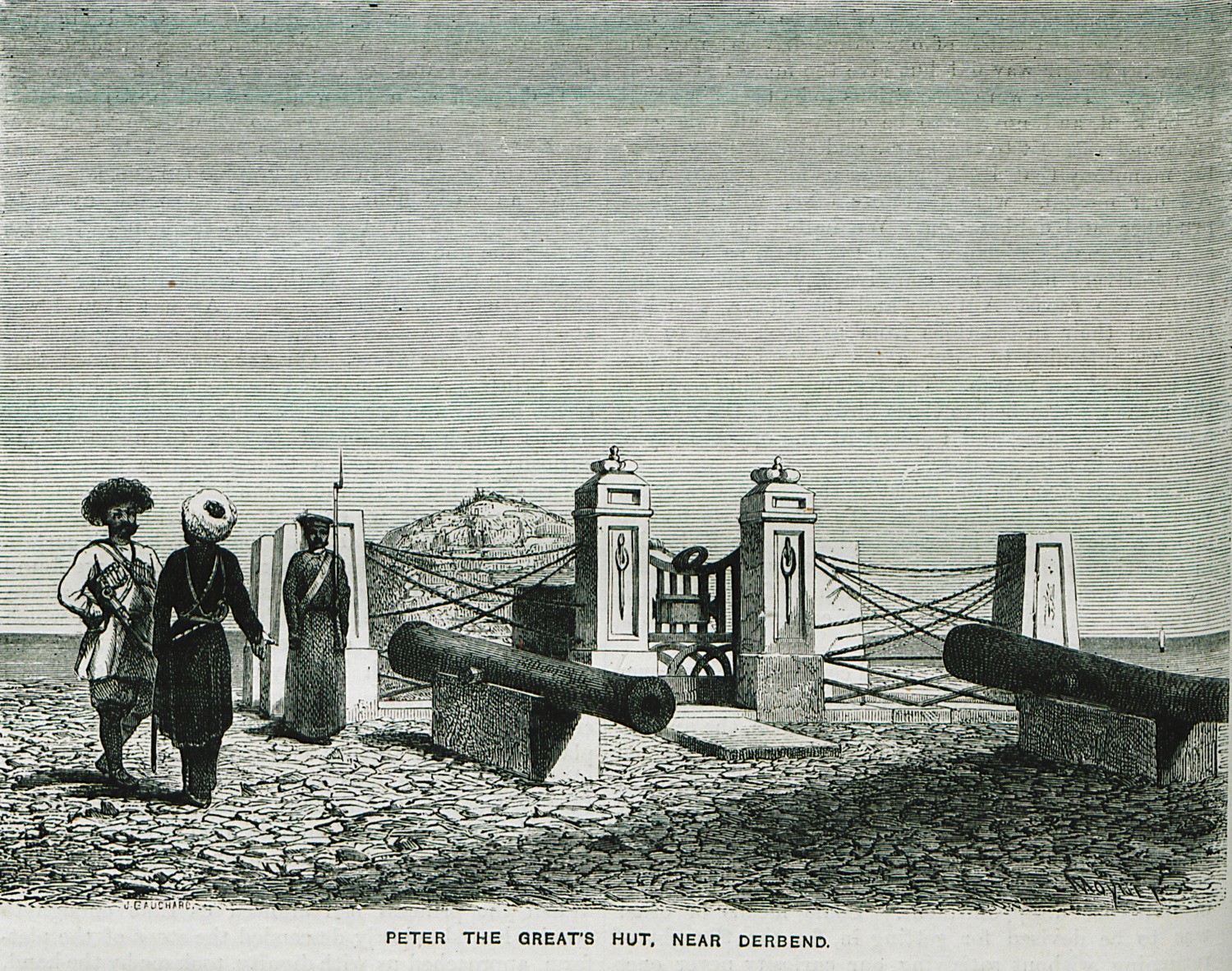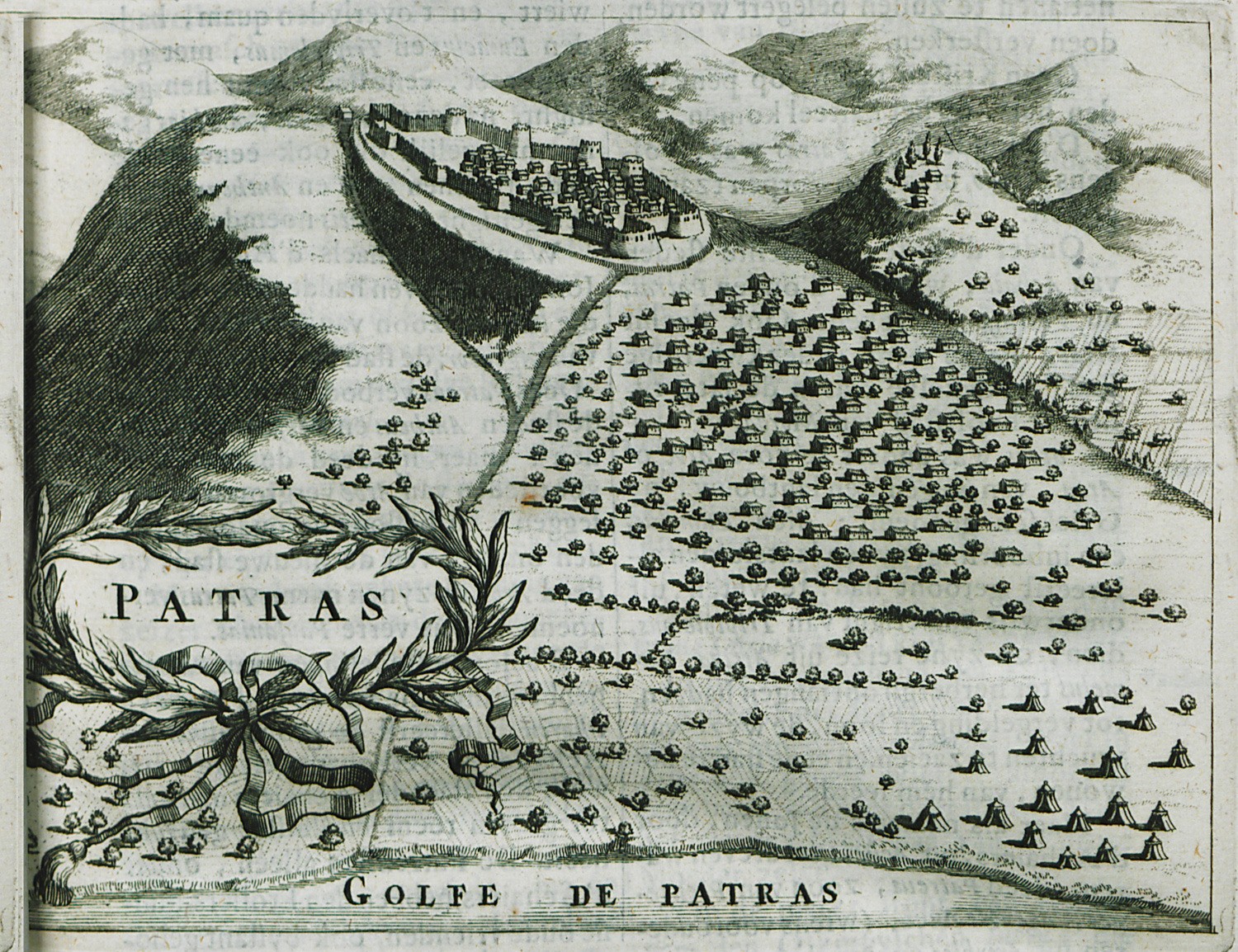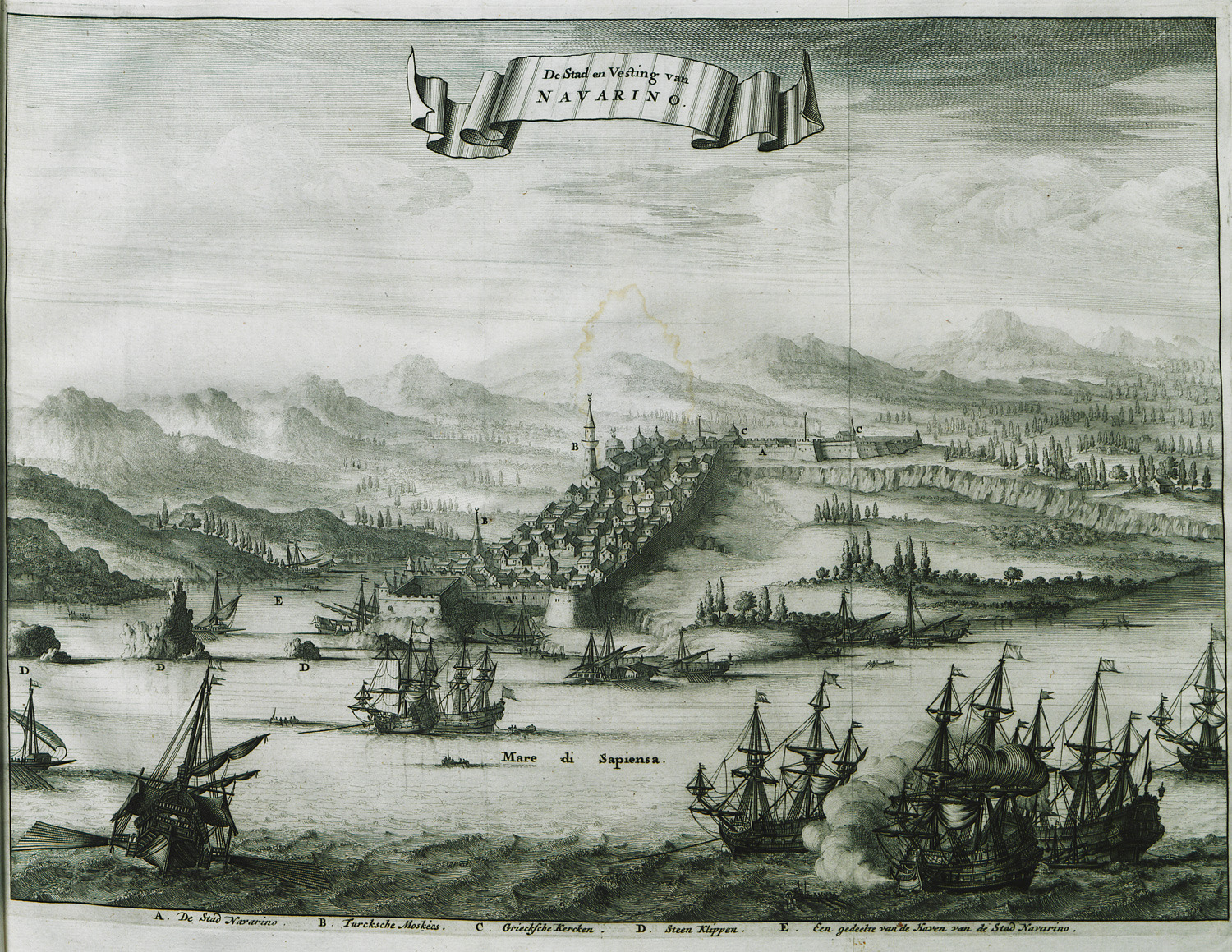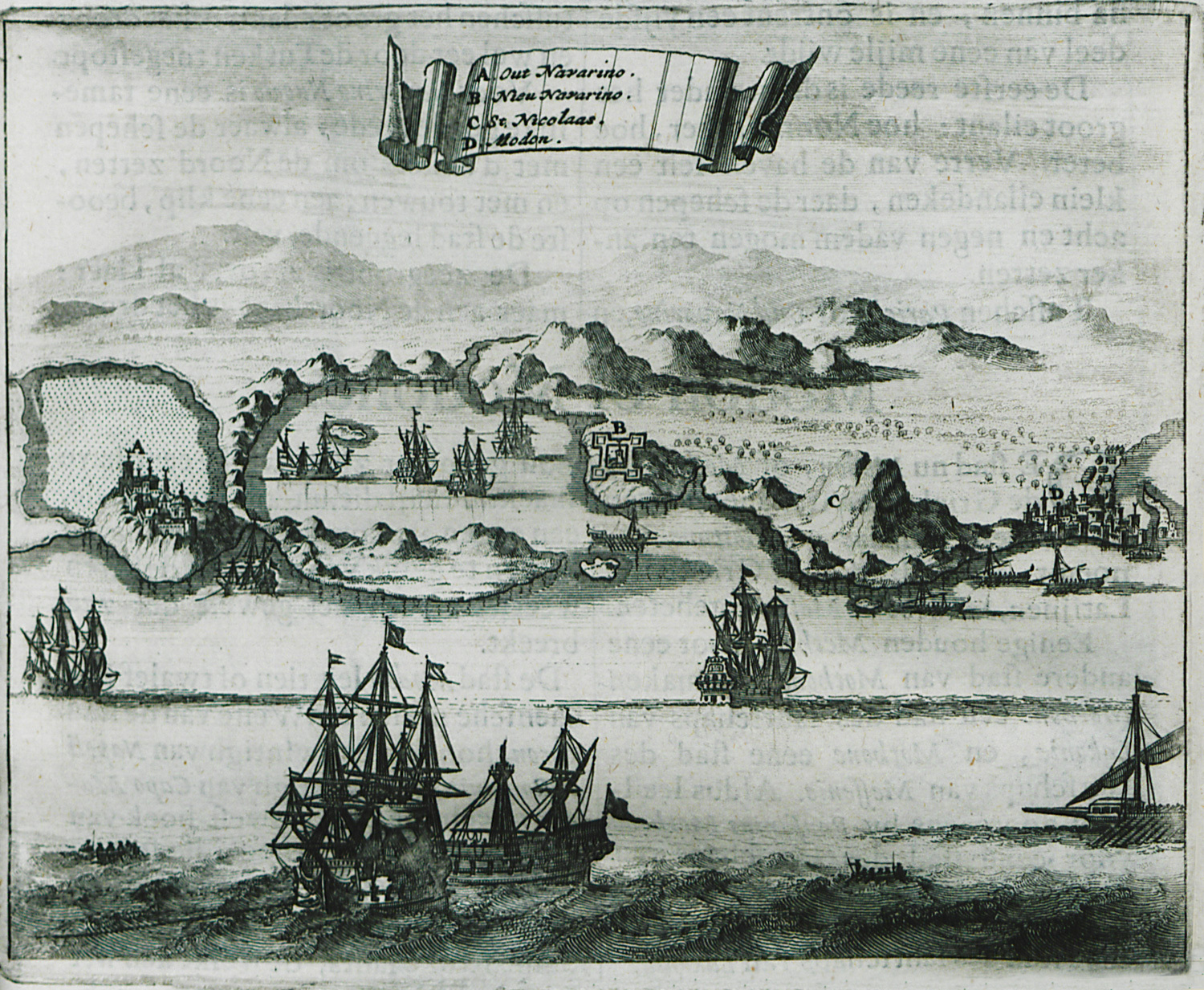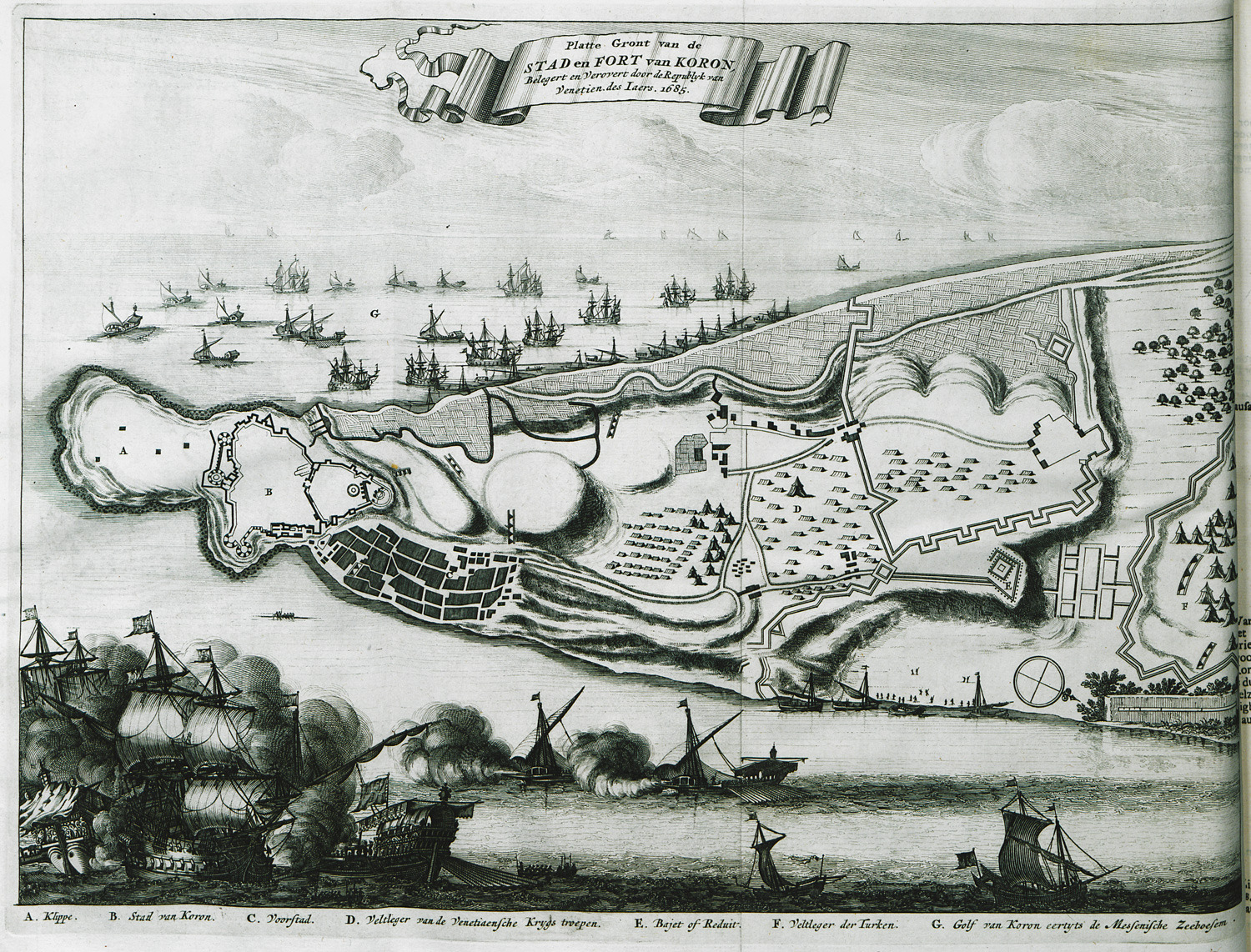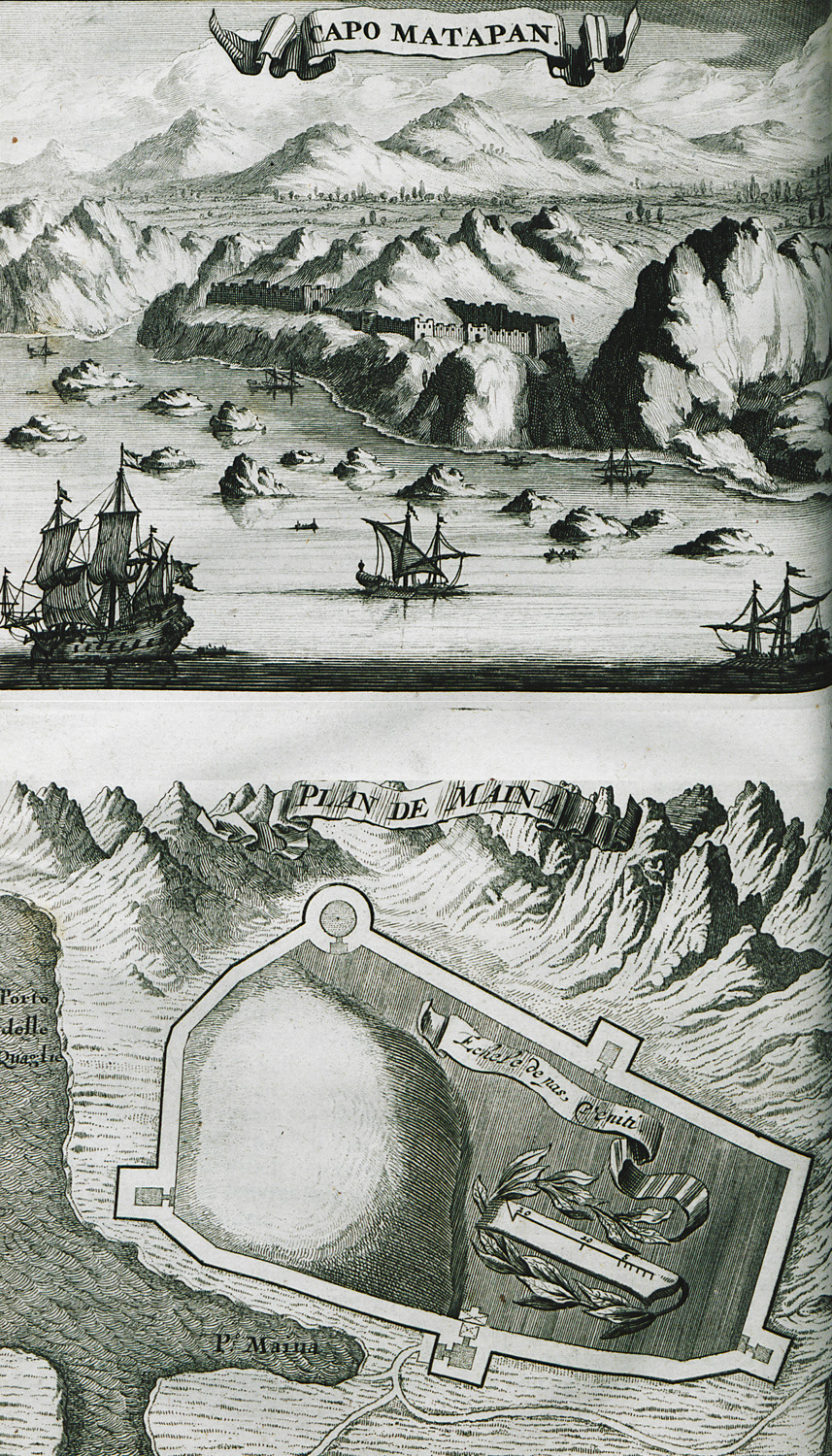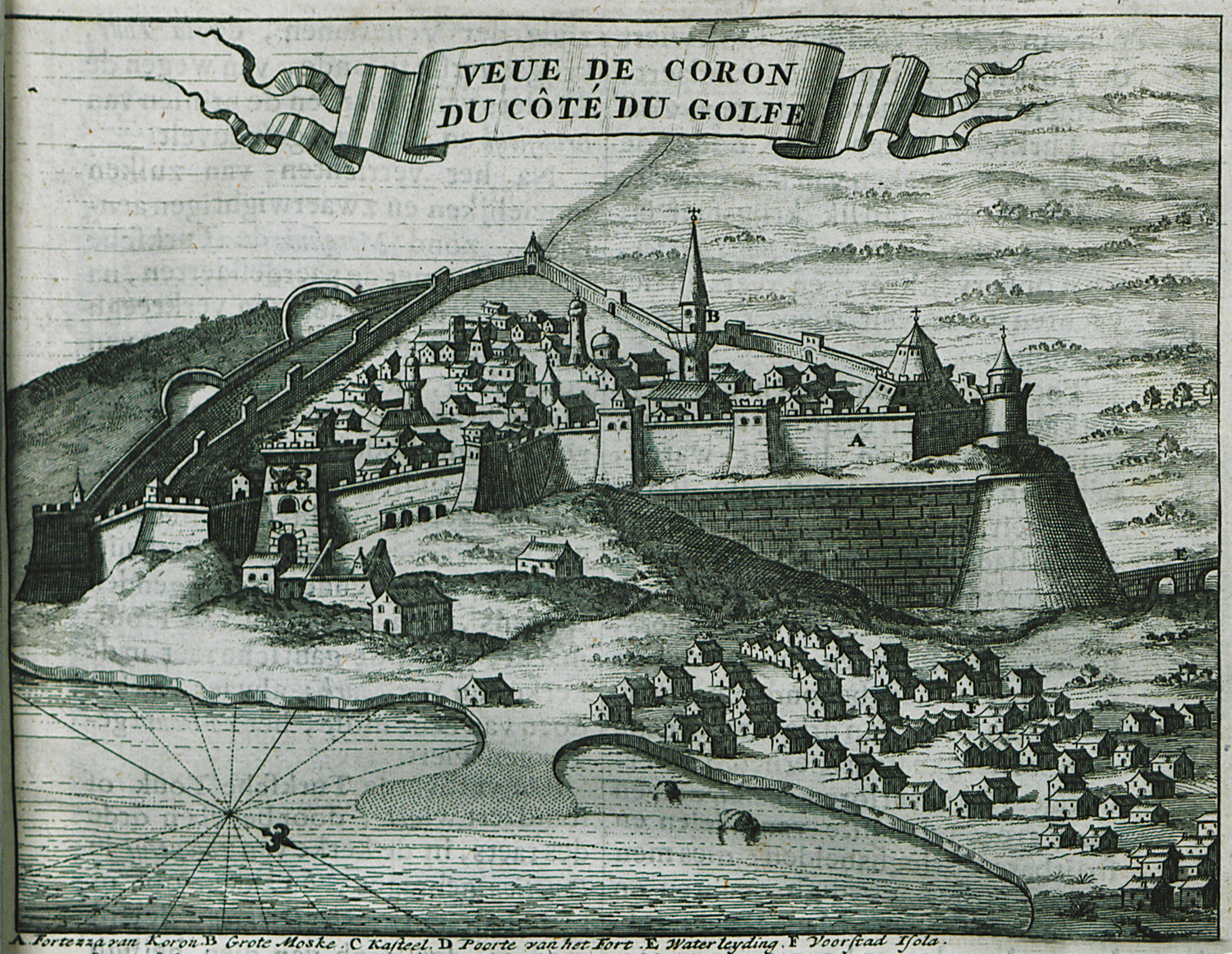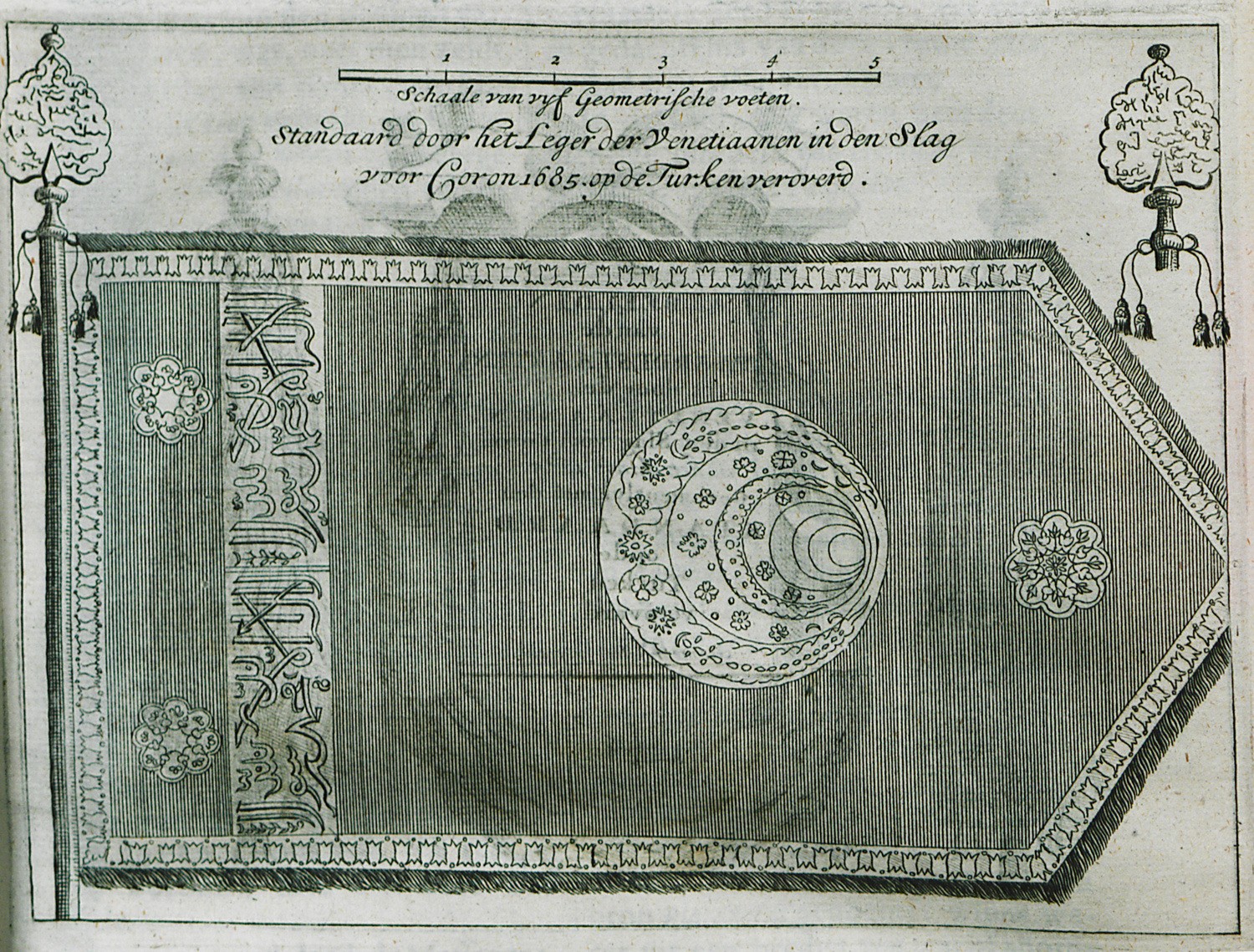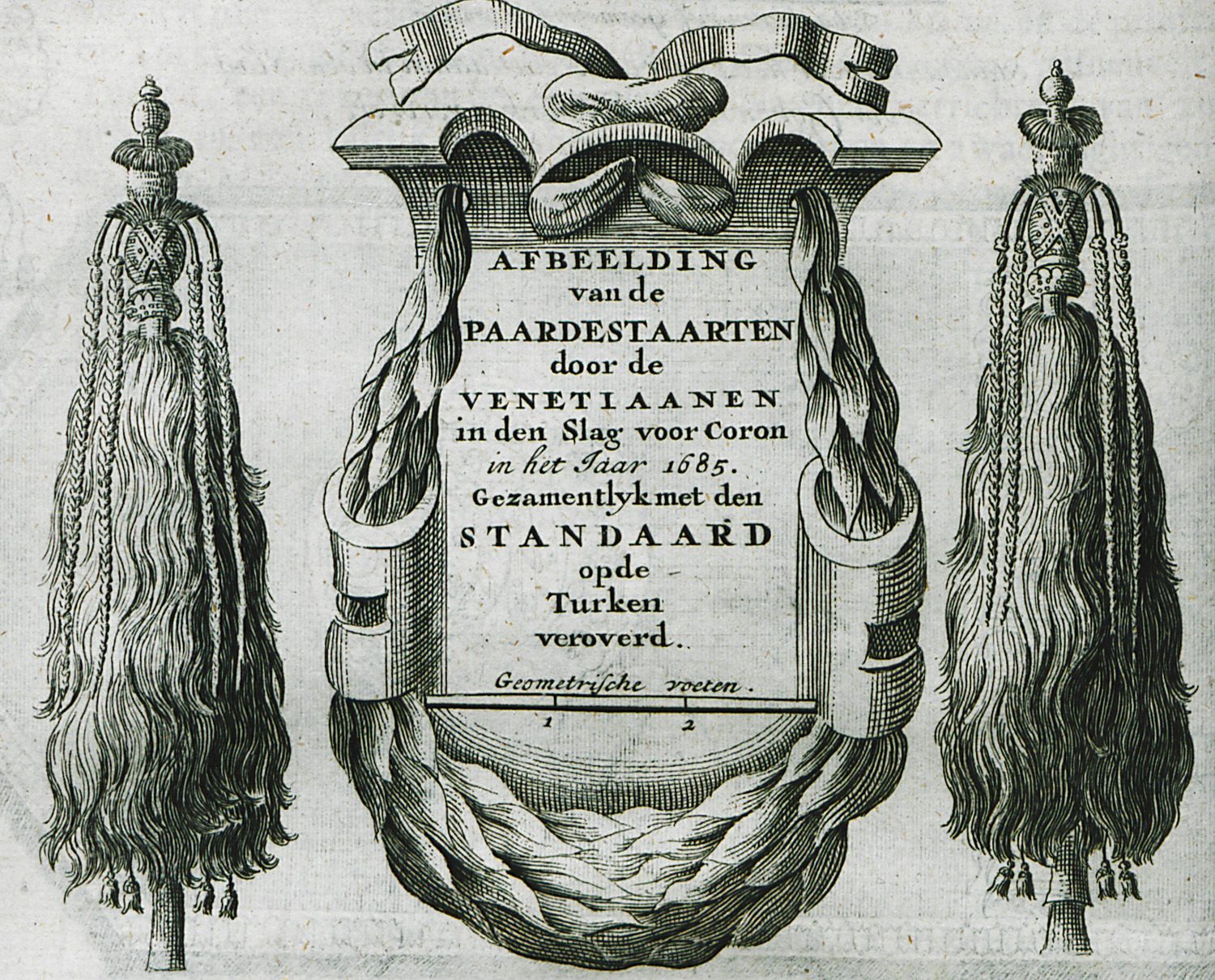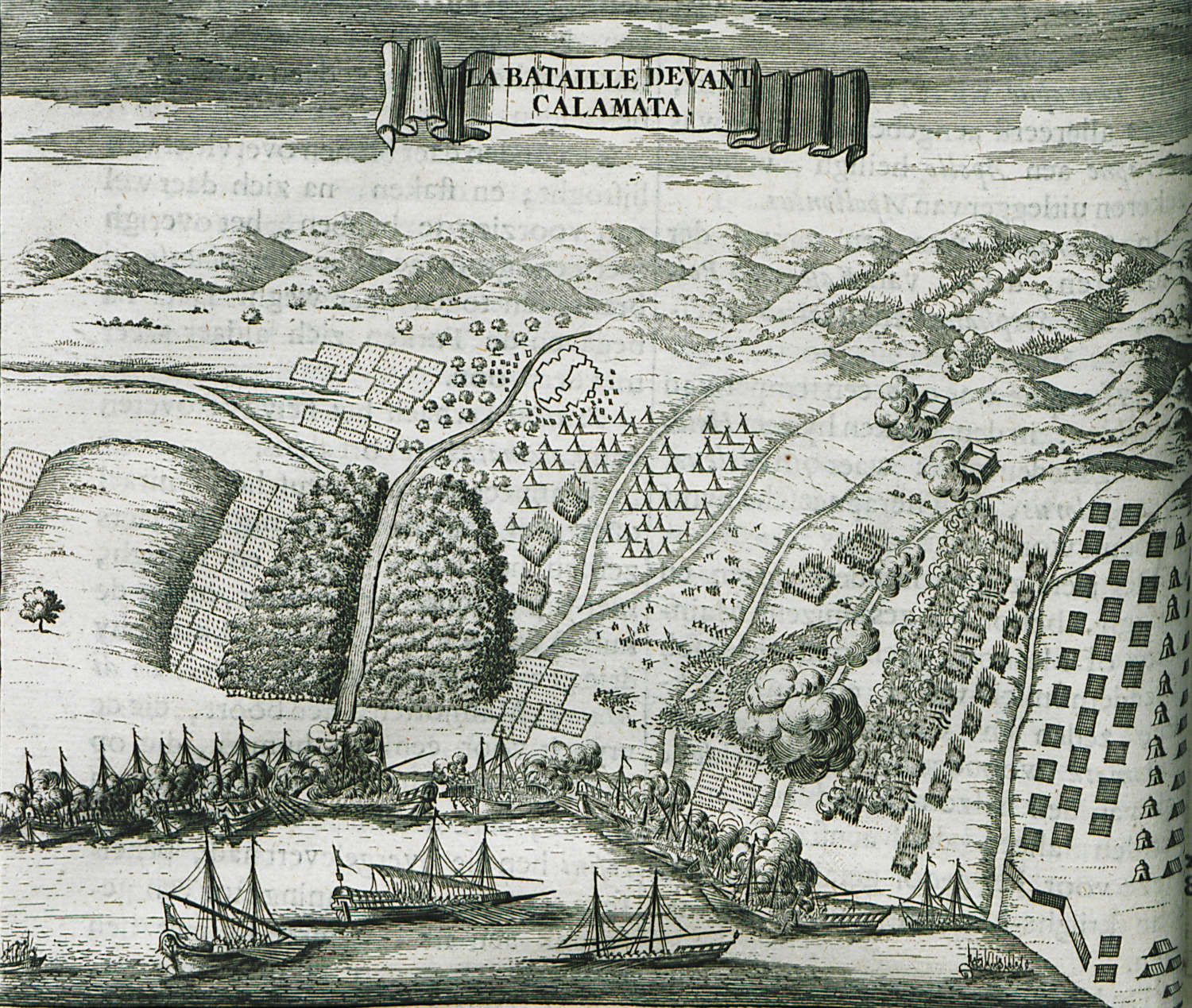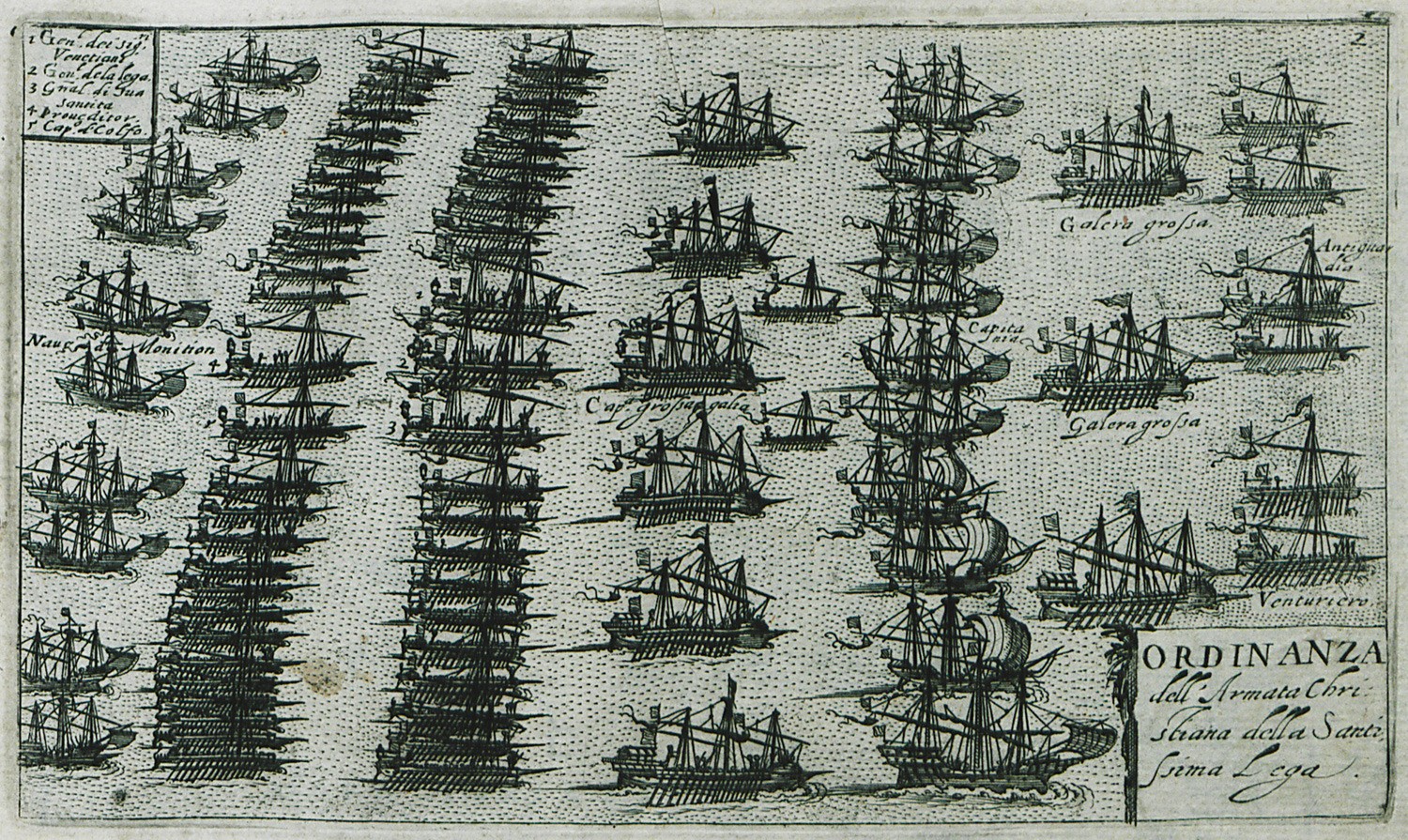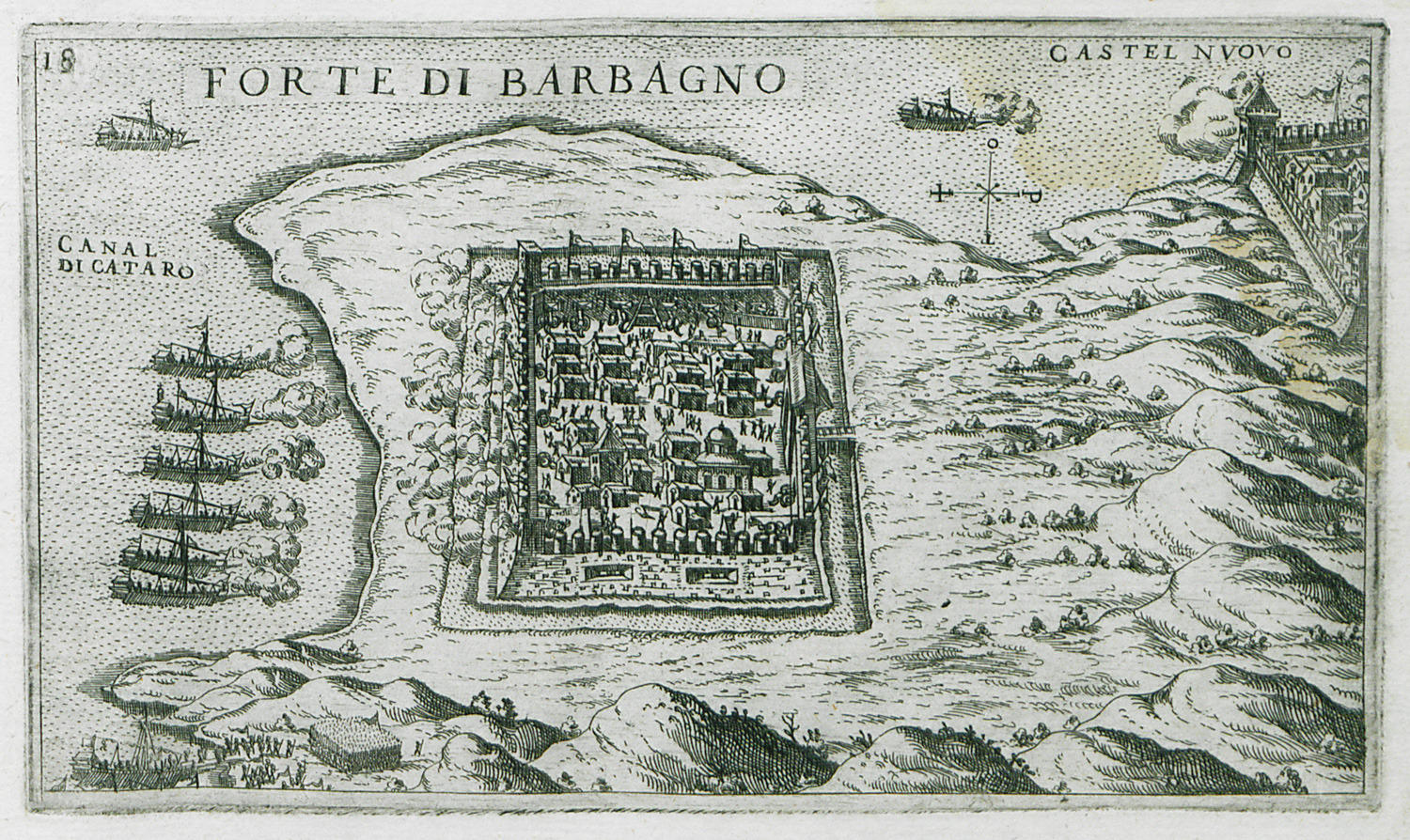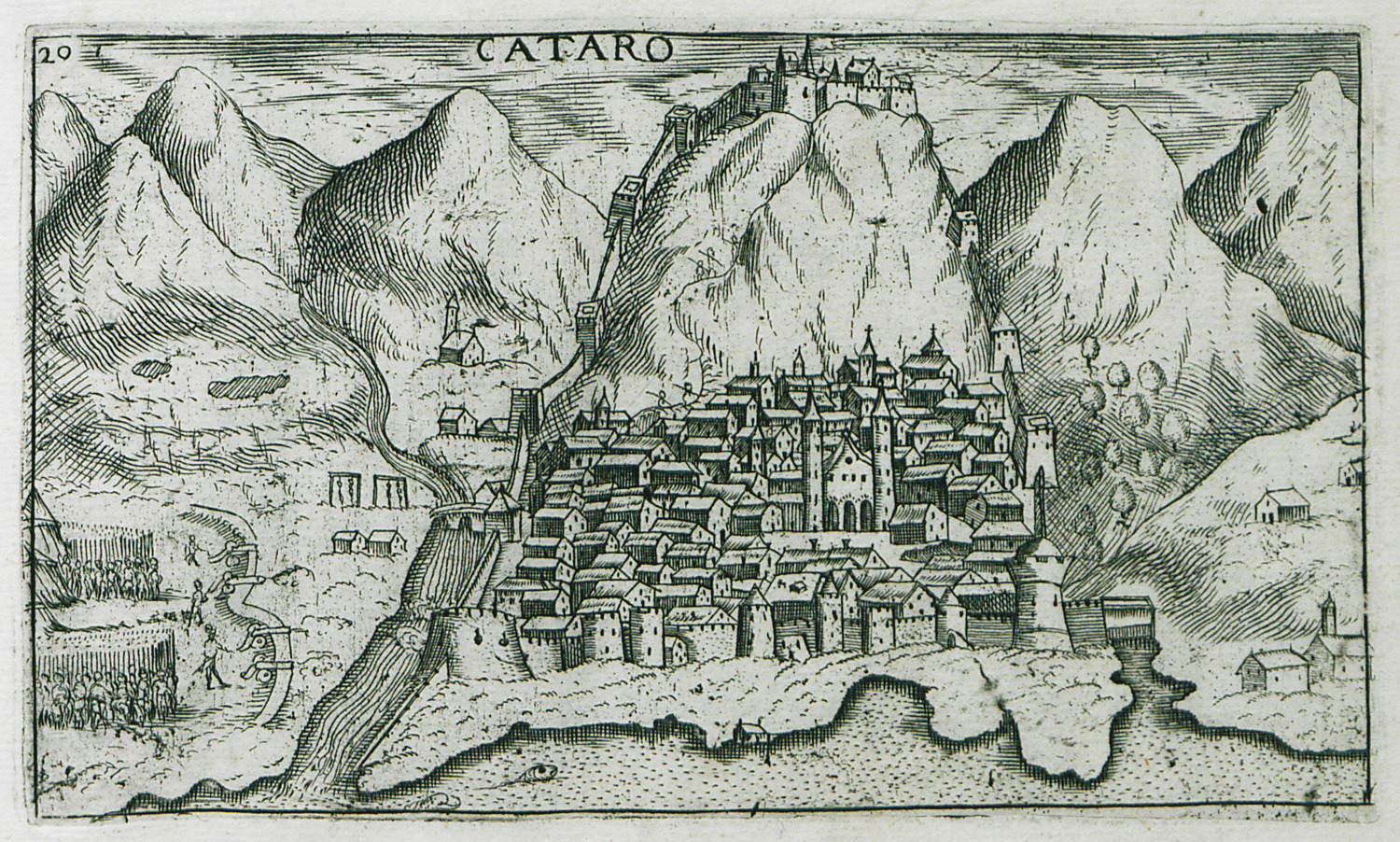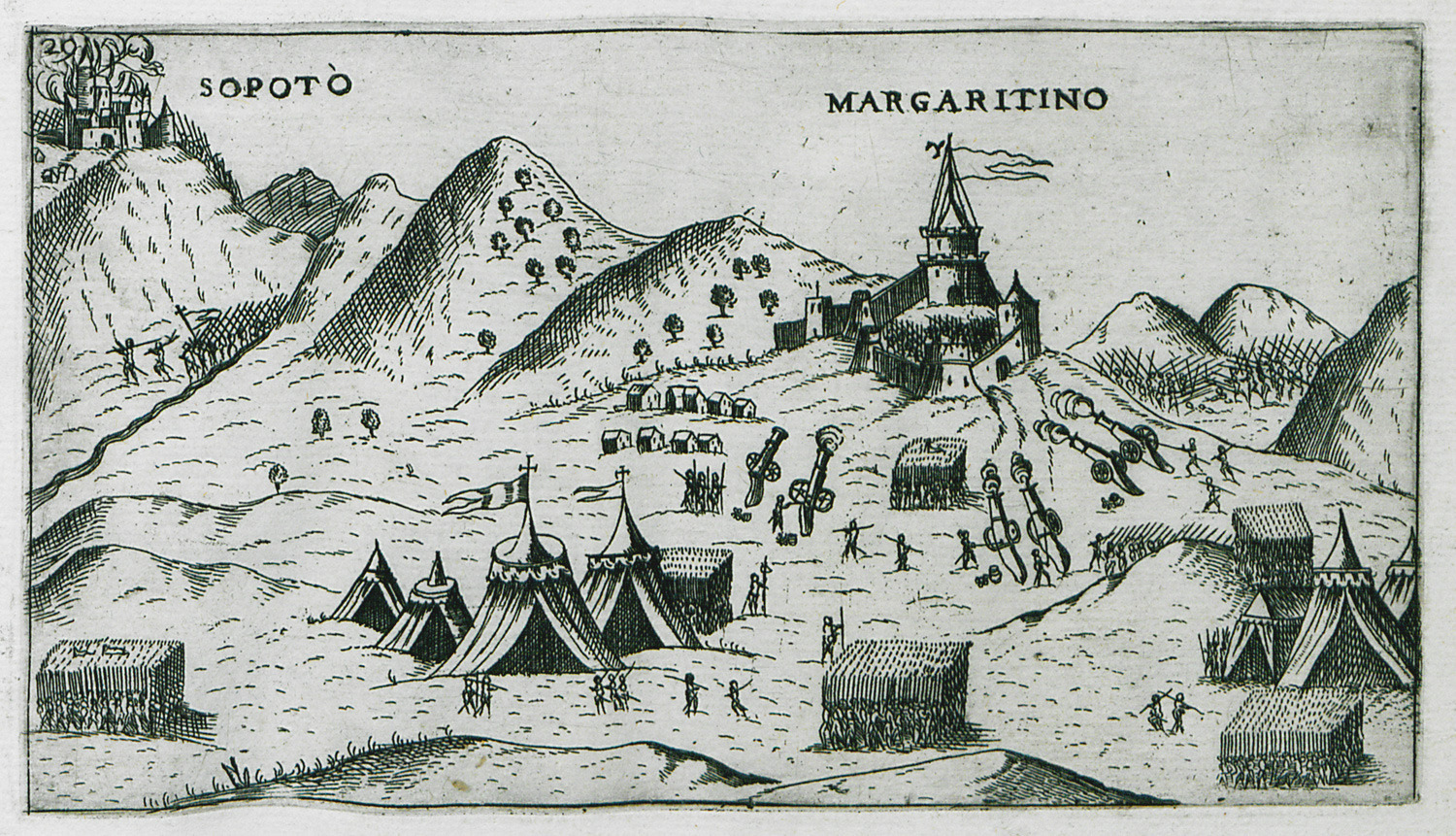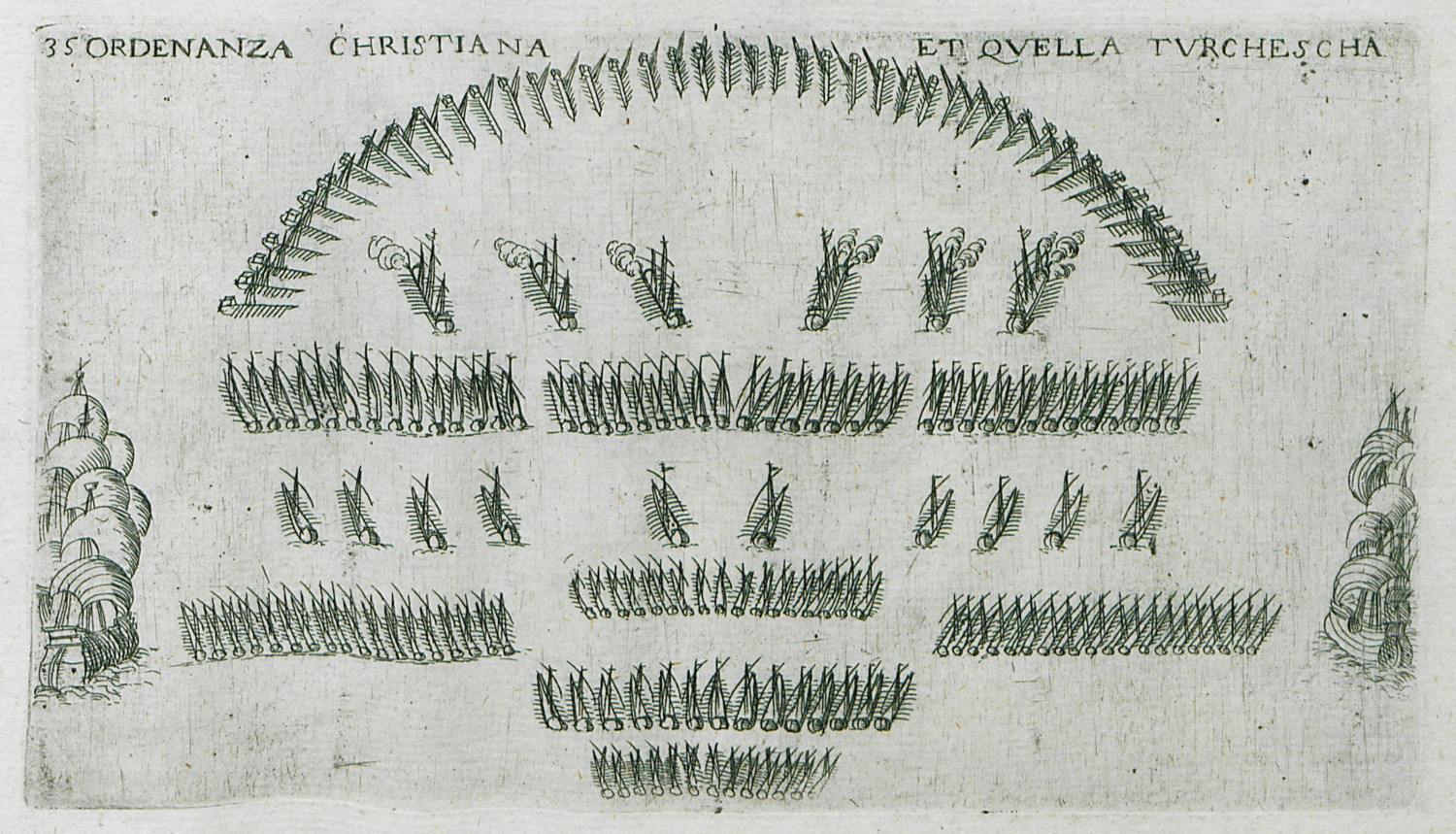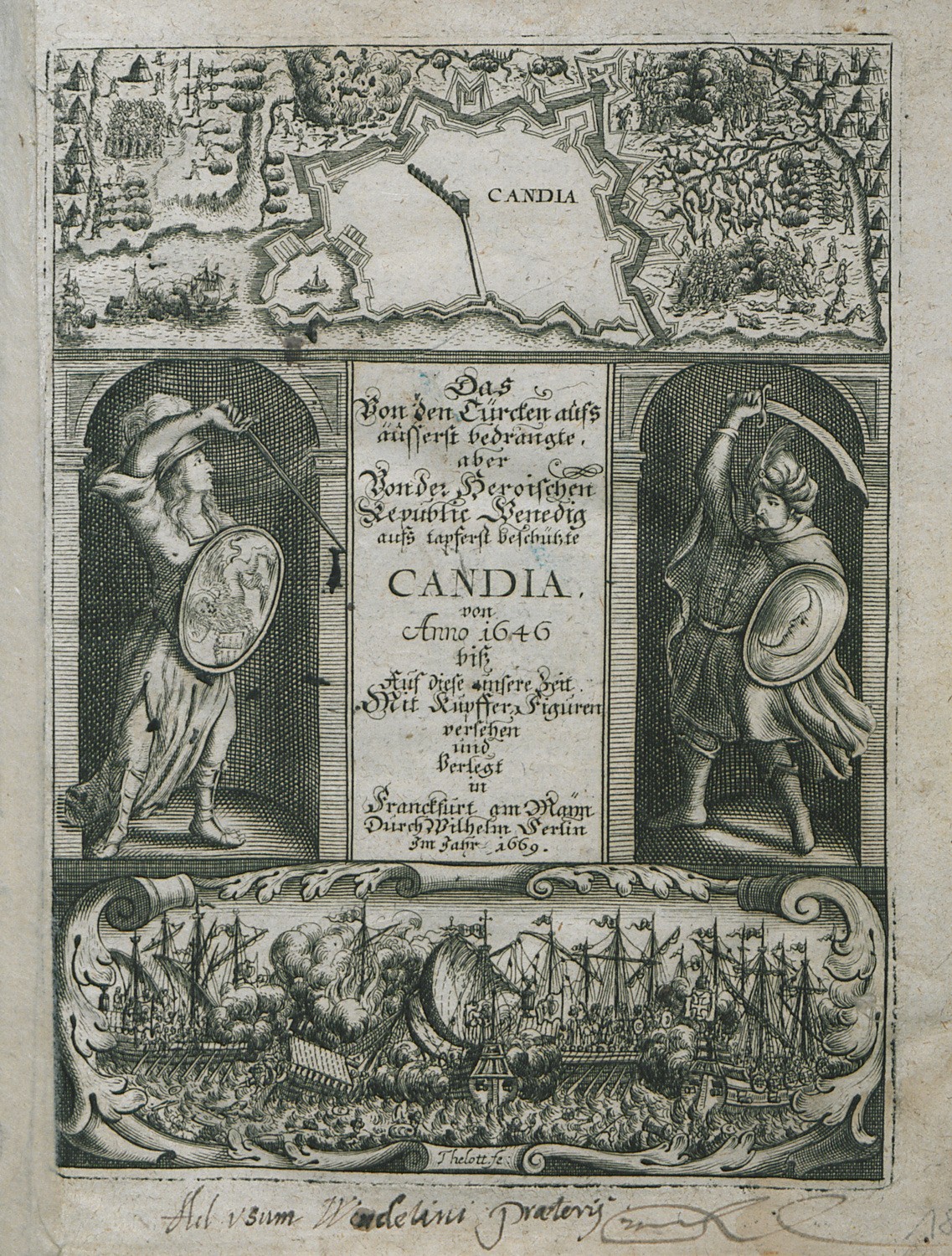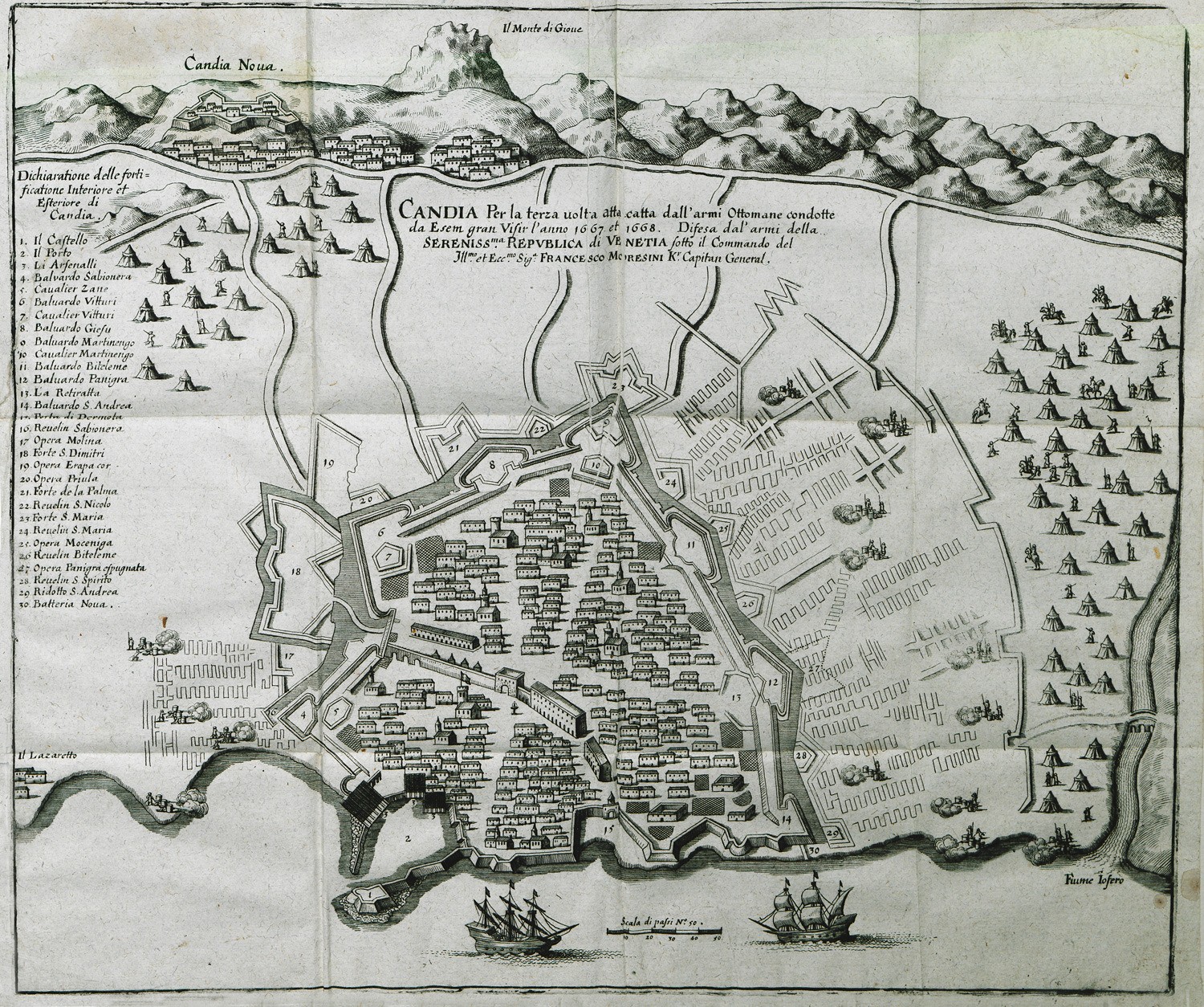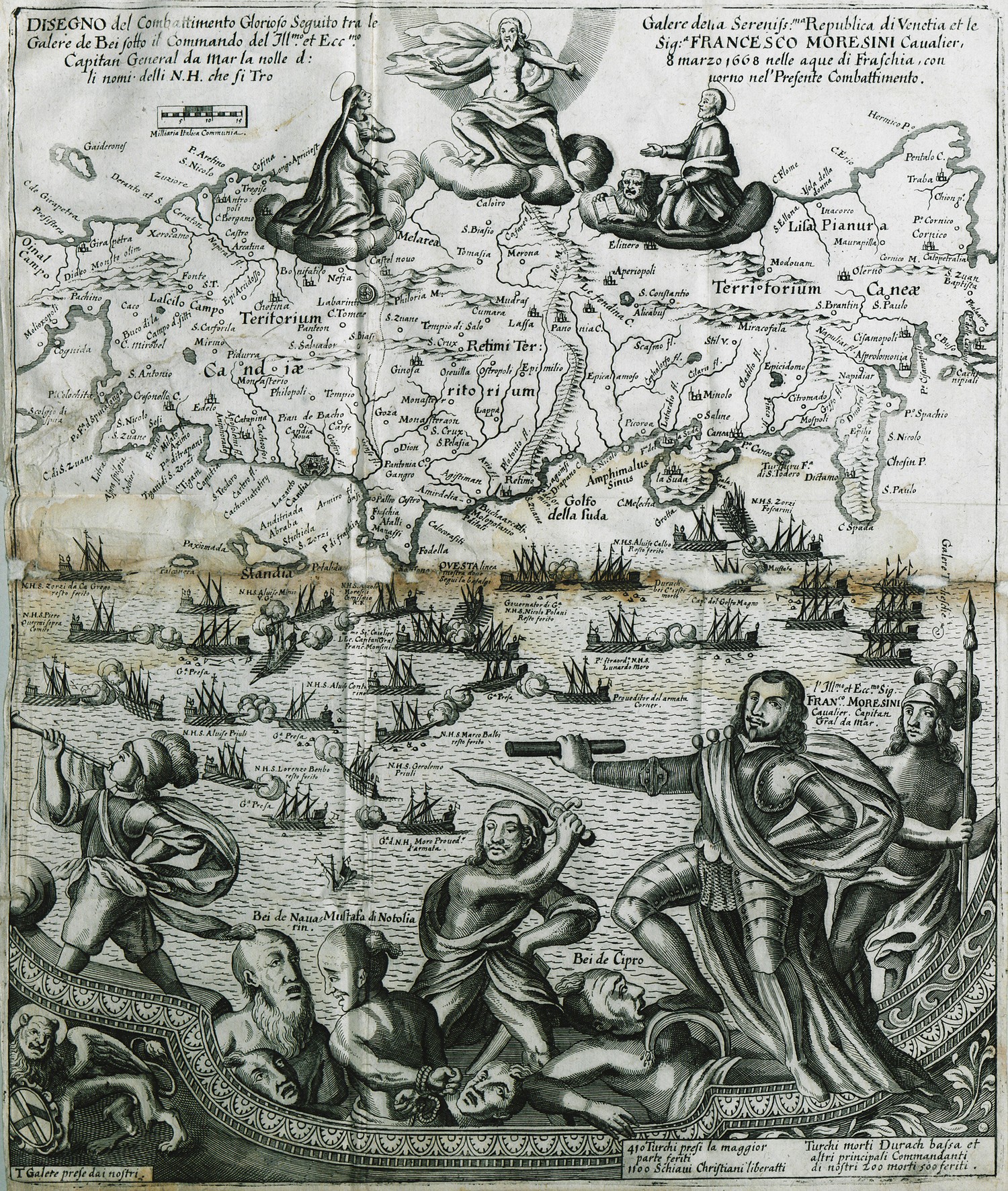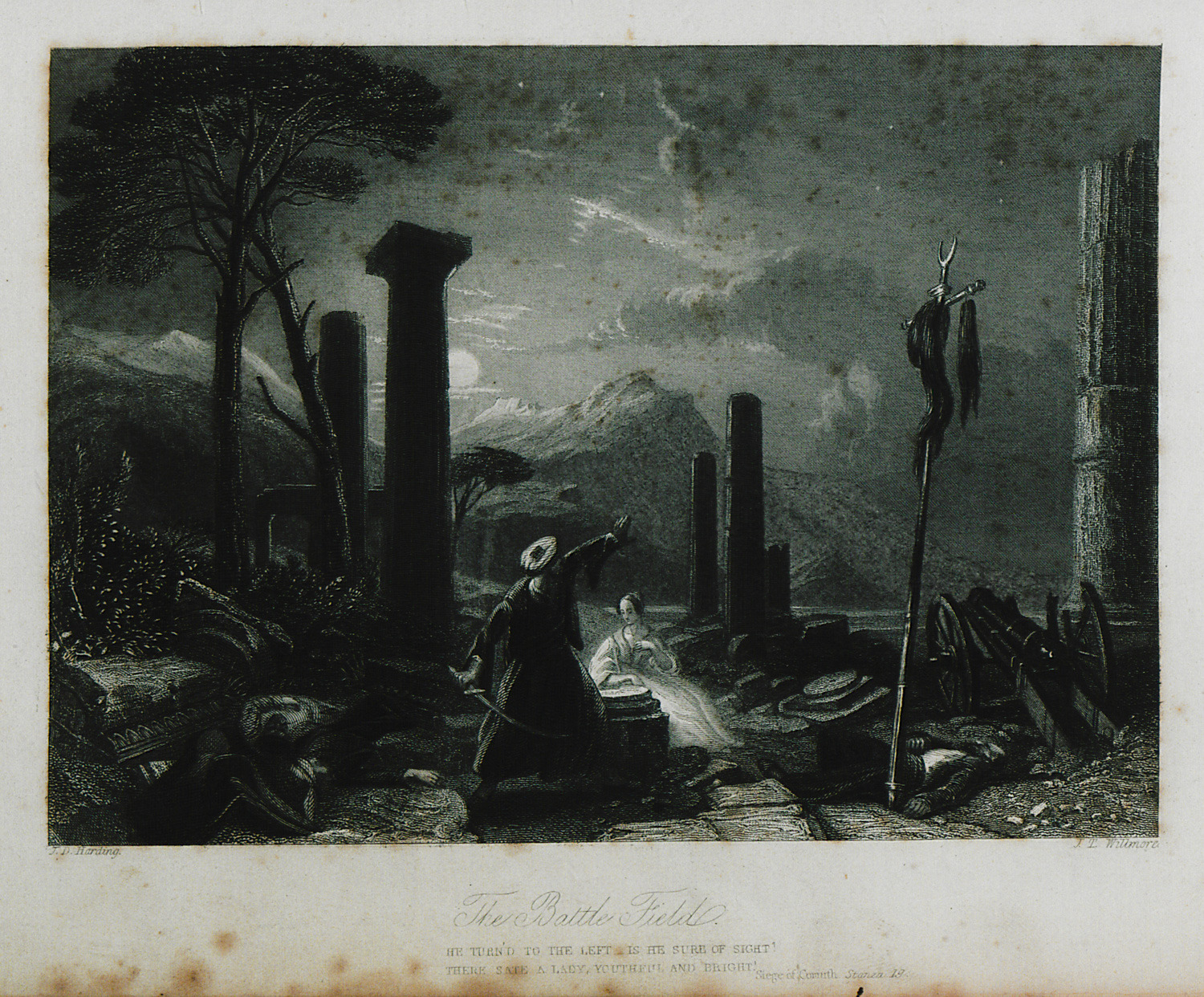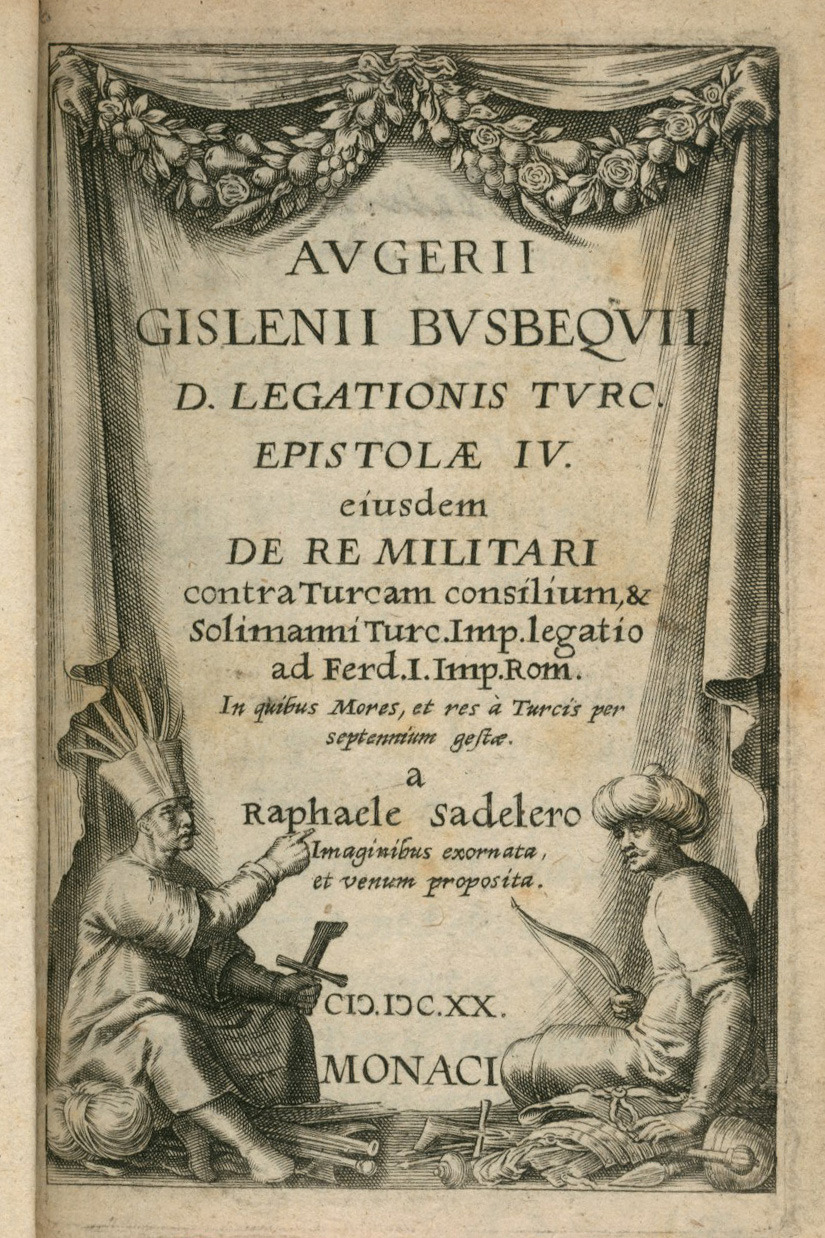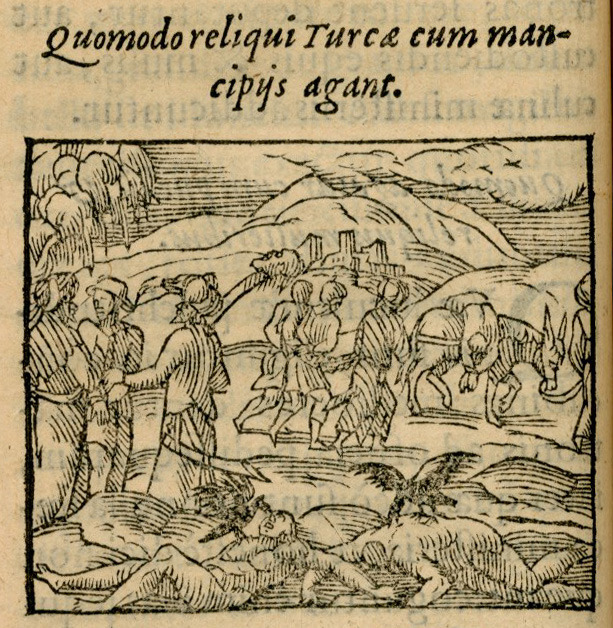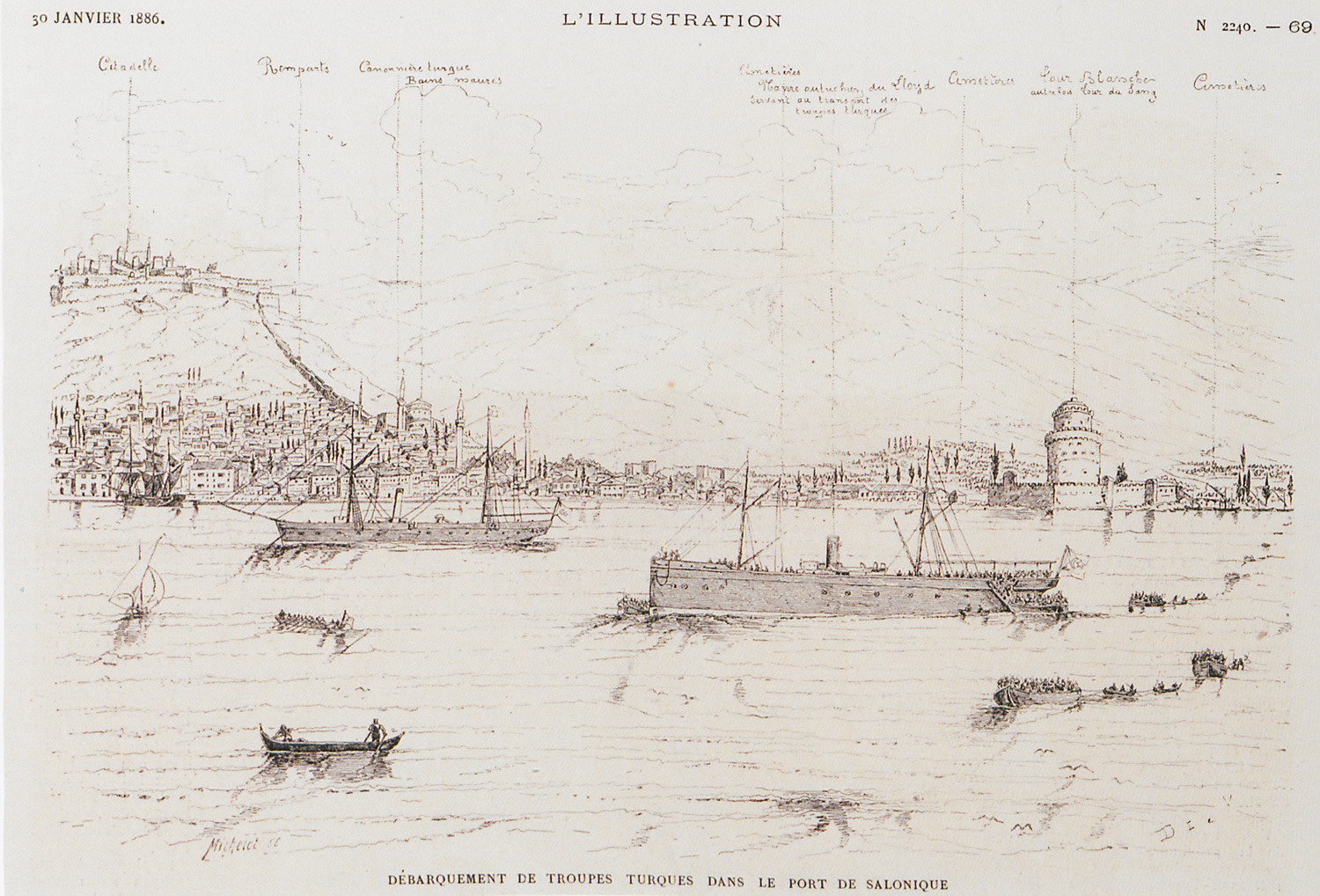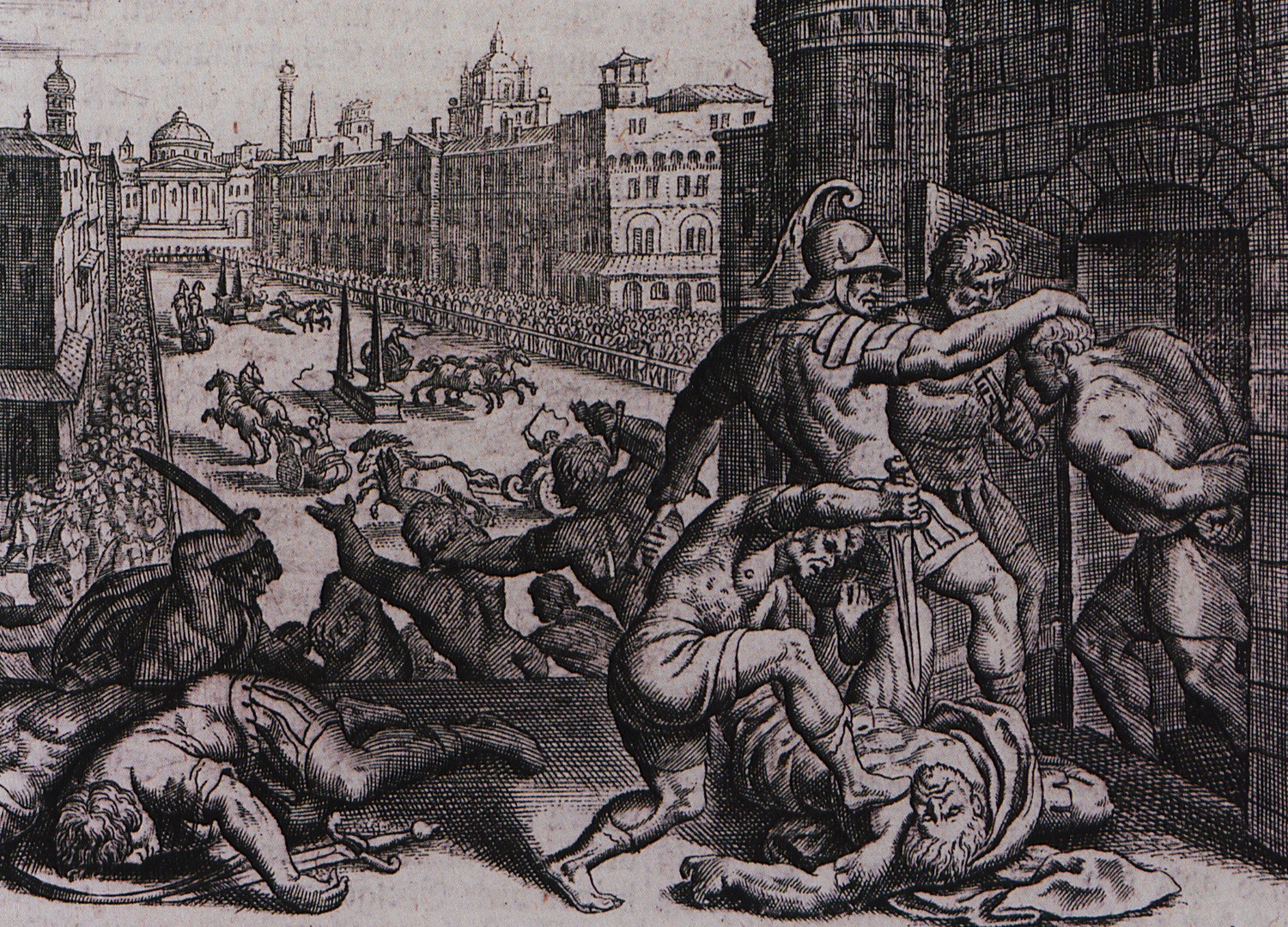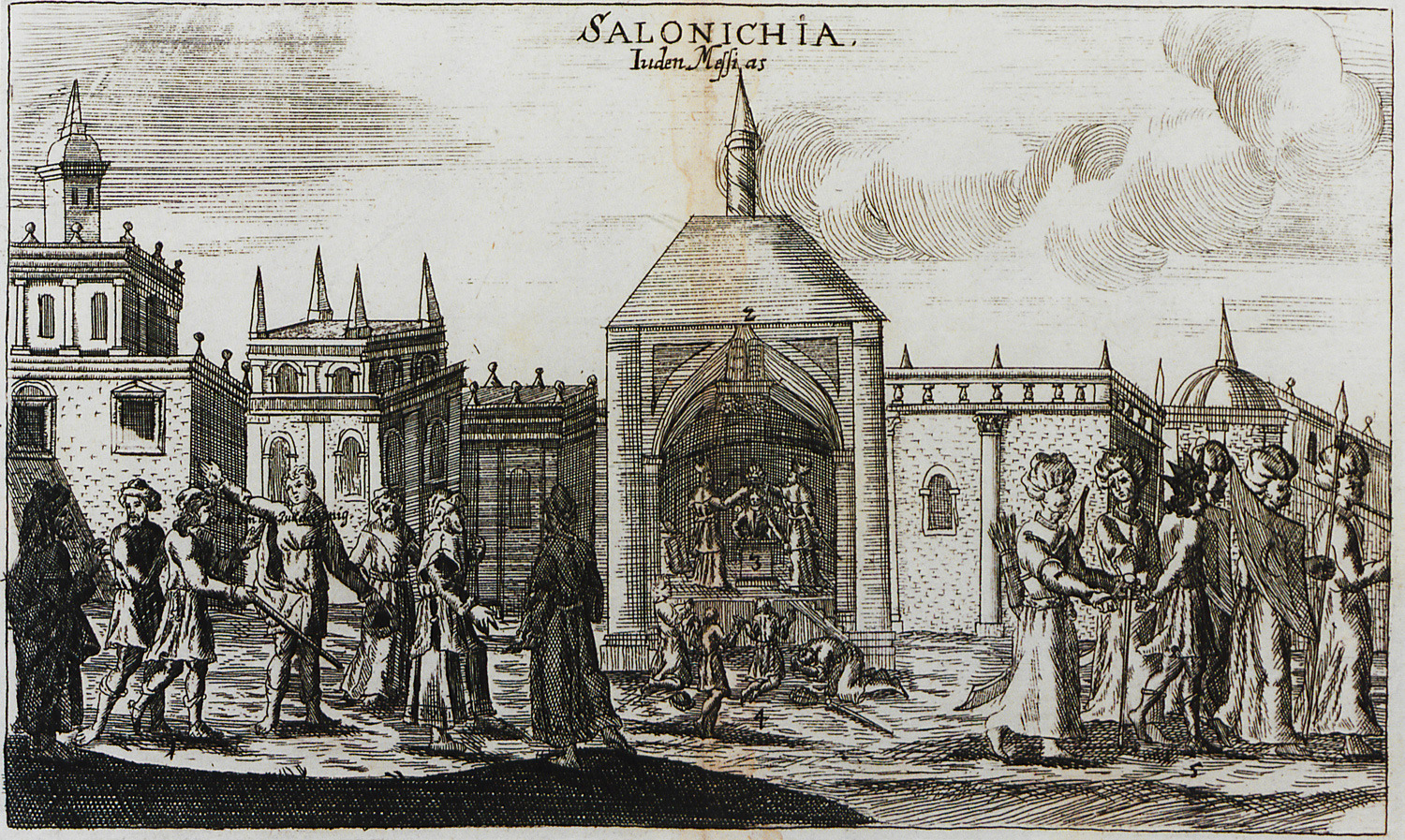State and military institutions – Diplomatic relations (763 Subjects)
Ottoman passport.
Portrait of Nadir-Schah of Persia (1698 -1747).
Portait of Karim Han, of Persia.
Portrait of Shah Mohammad Ali Han of Persia (1760-1779).
Bas-relief from the port of Vatopedi monastery. Stephen III the Great of Moldavia presents to the Virgin Mary a miniature of the port which he donated to the monastery.
The Holy Admnistration (Iera Epistasia) of Mount Athos.
Monument built on the site of the barrack where according to tradition Peter the Great stayed at during his visit to Derbent in modern-day Daguestan, in 1822.
View of Patras, with particular reference to the siege of the city by the Venetians in 1687.
View of the Castle of Pylos (Niokastro) with reference to the sixth Ottoman–Venetian War.
Views of the gulf of Pylos with Palaiokastro (Α), the Castle of Pylos (Niokastro) (Β), Agios Nikolais height (C) and Methoni (D).
View of the city ans fortress of Koroni, with reference to the conquest of the city by the Venetians during the sixth Ottoman-Venetian War.
Cape Matapan. Plan of the Castle of Maini.
View of Κoroni from the sea.
Ottoman banner the Venetian took during the conquest of Κoroni in 1685.
Tuğ (insignia of Ottoman officials)-the Venetians took as trophies after the conquest of Κoroni in 1685.
Military plans of the battle of Kalamata (1685), between the Venetians and the Ottomans.
The disposiition of the Holy League fleet during the Battle of Lepanto (1571).
View of the Ottoman fortress of Kanli Kula in Herceg Novi, besieged by the Venetians.
View of Kotor in Montenegro, with the fortress of Saint John.
The Venetian army at Qeparo, Albania, during the siege of Sopot.
The disposition of the Holy League fleet and that of the Ottoman Army (semicircle) during the Battle of Lepanto (1571).
Frontispiece: Map of Heraklion. Allegoric scene: Venice and the Ottoman Empire as warriors. Scene from the Ottoman siege of Candia.
View of Chandax, in 1667-1668, and during it siege by the Ottomans. After being besieged for twenty-four year (1645-1669), Crete became part of the Ottoman Empire (1669).
Map of central Crete. After being besieged for twenty-four years, Crete bacame part of the Ottoman realm in 1669. In the foreground, scene from the naval battle of March 1668 between the Ottoman and the Venetian fleet, outside Chandax. General Morosini and Ottoman officials captivated.
Illustration for the poem of Lord Byron "The Siege of Corinth": Ottoman official and Greek slave girl at the ruins of the Temple of Apollo in Ancient Corinth.
Title page.
Ottomans and slaves taken captive in the war.
Turskish troops disembarking at the port of Thessaloniki. From article in L'Illustration on 30 Januray 1886, on the events of the 1885-1886 crisis (“armed beggary” or 'Peace War”).
Massacre in the Hippodrome of Thessaloniki in 390. Wood engraving, possibly of the 16th century.
Composition of scenes from the rise and fall of Sabbatai Zevi, the rabi who claimed to be the Messiah of the Jews until he was forced to convert to Islam by the Ottoman Sultan (17th century). Sabbatai Zevi claims to be the Messiah. Sabbatai Zevi enthroned by his followers. Ottoman soldiers arrest Sabbatai Zevi in the Dardanelles. From: J. Chr. Wagner, Delineatio Provinciarum Pannoniae et Imperii Turcici in Oriente, Augsburg, 1684.


